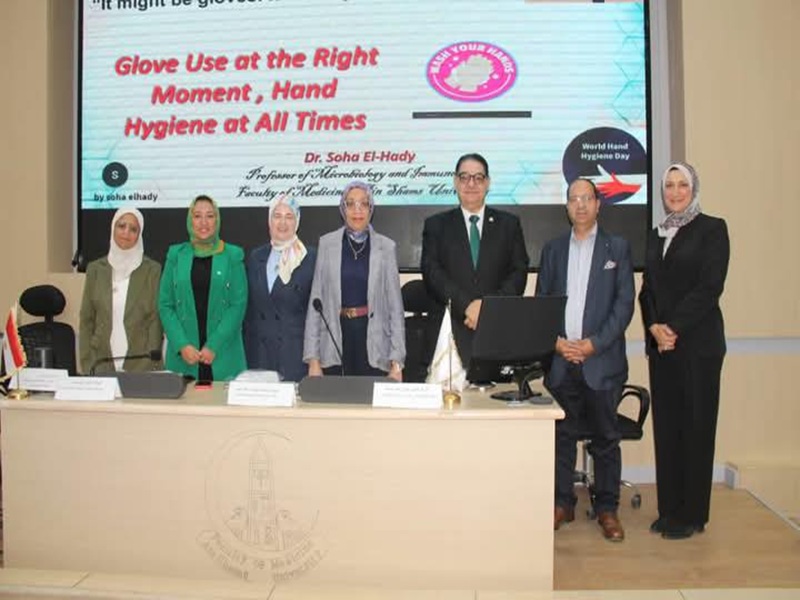An awareness ceremony of Hand Hygiene at the Faculty of Medicine, in cooperation with the World Health Organization
Coinciding with the World Health Organization's celebration of World Hand Hygiene Day under the slogan: "It might be gloves... but hand hygiene is always essential", the Department of Medical Microbiology and Immunology at the Faculty of Medicine, Ain Shams University, in cooperation with the Cairo Association of Medical Microbiology and Immunology, organized the third celebration activities, under the patronage of Prof. Mohamed Diaa Zain El-Abedeen, President of Ain Shams University, Prof. Ali El Anwar, Dean of the Faculty and Chairman of the Board of Directors of University Hospitals, and Prof. Hala Sweid, Vice Dean for Community Service and Environmental Development Affairs, and headed by Prof. Maha Hamdy, Head of the Department of Medical Microbiology and Immunology and President of the Association, and in cooperation with the World Health Organization.
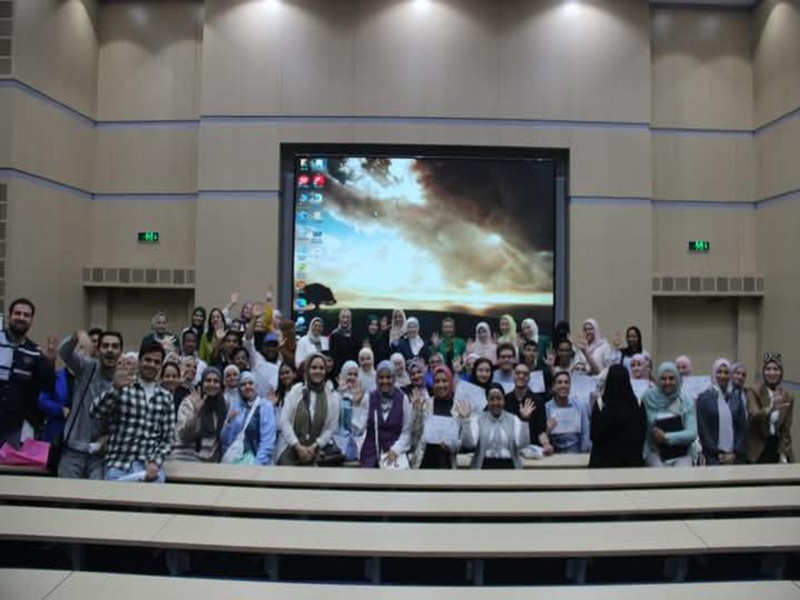 |
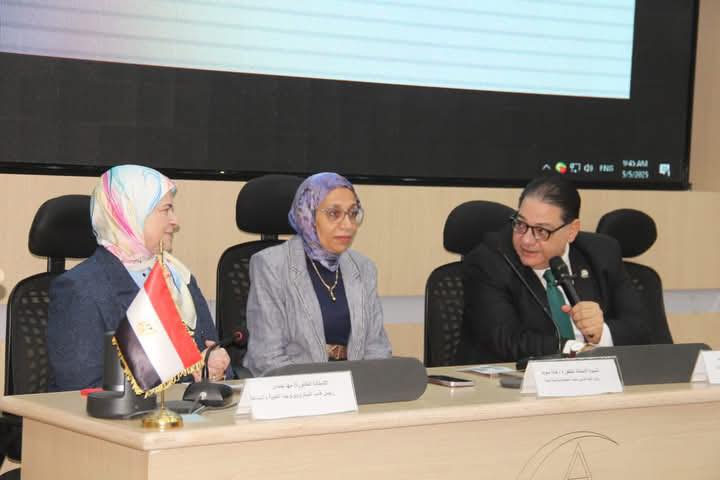 |
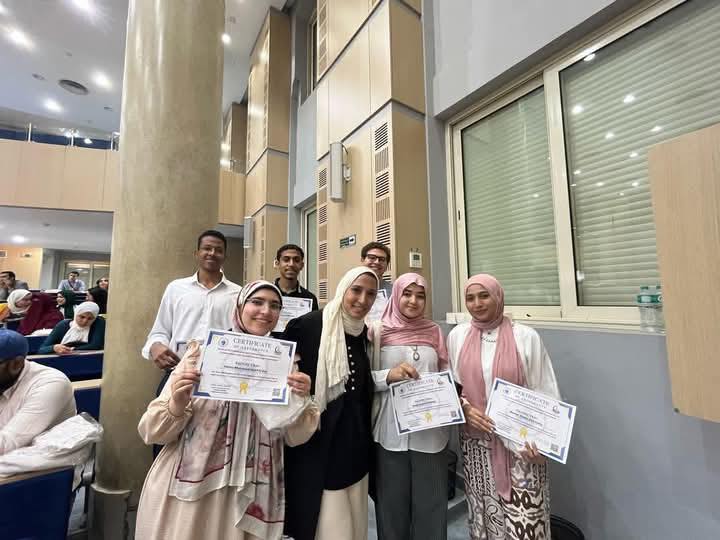 |
||
The event was attended by a representative from the World Health Organization (WHO) and a number of professors from the Faculty of Medicine, along with participants from various sectors involved in infection control, including doctors, nurses, and pharmacists from the university, the Ministry of Health, the Medical Services Sector of the Ministry of Interior, as well as university and private hospitals.
This event was organized to emphasize the importance of adhering to hand hygiene as a fundamental means of ensuring safe healthcare and protecting patients, healthcare providers, and the community from the risks of infection, in line with the directives of the World Health Organization.
The celebration included scientific sessions attended by experts from the World Health Organization, faculty staff, graduates of the Professional Diploma in Infection Control, and students from various academic levels, including non-Arabic speakers, as well as interns and nursing students.
Participants gave awareness presentations and simulations of hand hygiene practices, along with laboratory experiments that demonstrated the effective role of hand hygiene in eliminating germs.
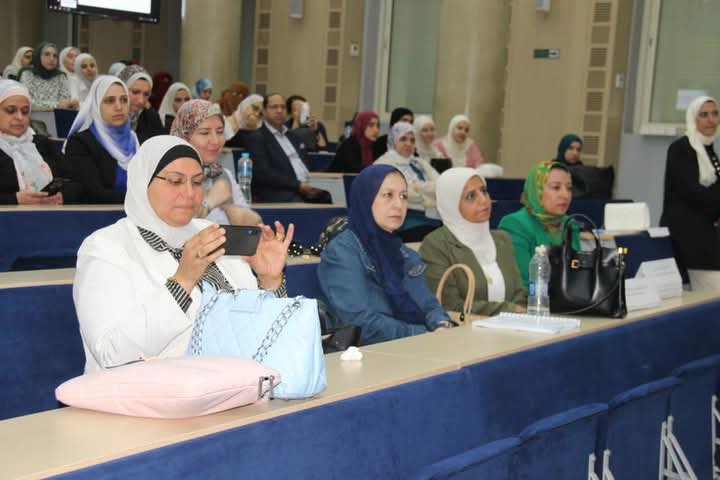 |
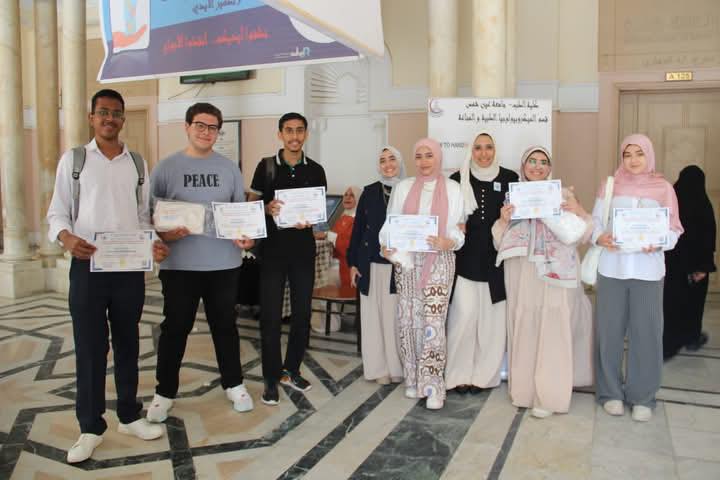 |
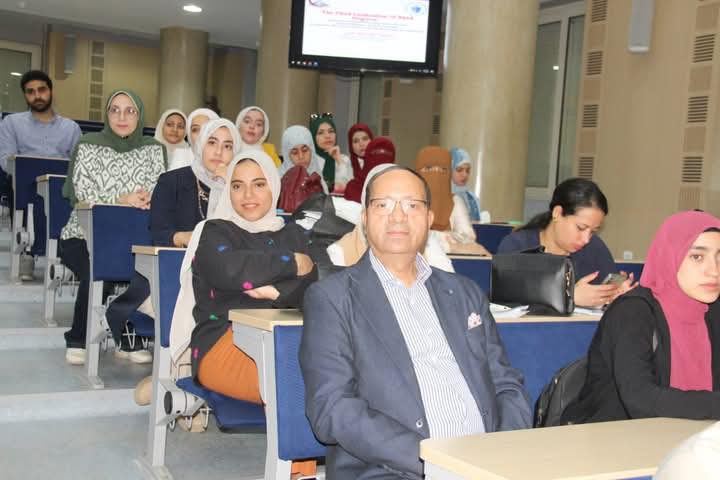 |
||
The most important recommendations emphasized the need to adhere to hand hygiene according to the five steps recommended by the World Health Organization, as a foundation for safe healthcare.
Participants also emphasized the importance of continuous and innovative monitoring to ensure adherence to hand hygiene in daily practice, and the need to utilize modern technological developments as motivating and interactive tools for healthcare providers.
The recommendations also emphasized that the use of gloves is never a substitute for hand hygiene, highlighting the importance of the rational use of medical gloves in accordance with the nature of each medical procedure.
The event emphasized the importance of maintaining the sustainability of this commitment and overcoming any obstacles that may hinder it by motivating workers and strengthening cooperation between healthcare professionals, leaders, and decision-makers, while highlighting success stories as a means of ensuring the continued implementation of hand hygiene.


.svg)

